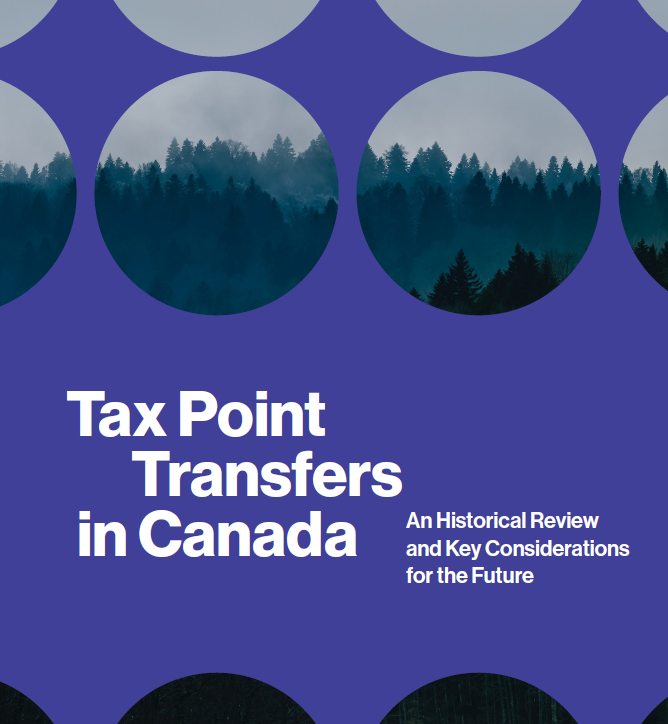Tax Point Transfers in Canada: An Historical Review and Key Considerations for the Future
The pressures on provincial government finances have been building for some time, given the current mix of expenditure responsibilities, tax powers, and intergovernmental grants. Studies by the Parliamentary Budget Officer (2020, 2021 and 2022) and Tombe (2020b) indicate that the ten provinces and territories, as a whole, will have increasing debt levels over next 30 years and beyond, which was only exacerbated by the Covid-19 pandemic. Although the federal government has incurred a large deficit in response to the Covid-19 crisis, and provinces have seen some improvement in the short term due to higher energy prices and nominal revenue growth, the federal government is still in a much stronger fiscal position structurally than the provinces, territories, and municipalities. Further pressures on intergovernmental finances are bound to occur following the federal government’s commitment to enhancing programs in areas of provincial jurisdiction, such as pharmacare, childcare, dental care, and eldercare. In the past, implementing national standards in areas of provincial jurisdiction has required increases in federal transfers to the provinces. Usually these have been cash transfers, but the federal government has also used tax point transfers in the past to enable provinces to finance the increased cost of federally mandated programs. At their peak in the late 1990s, tax point transfers accounted for nearly 40% of all federal fiscal transfers to provinces (Tombe 2018). Recently, there has been renewed interest in a tax point transfer to help resolve the fiscal challenges of the provincial governments, including among political leaders, commentators (Ibbitson 2020), and policy analysts (Nicholson 2023).
Should tax point transfers, rather than increases in cash grants to the provinces, be used to enable the federal government to introduce a national pharmacare program, enhance childcare and eldercare programs, and improve the long-term fiscal position of the provinces?
To understand the implications of a tax point transfer, this report begins with a brief history of tax point transfers and how provincial governments’ responded to the tax point transfers that occurred in the 1970s. It then discusses some of the issues that would arise with a future tax transfer given the current main sources of federal and provincial tax revenues.







